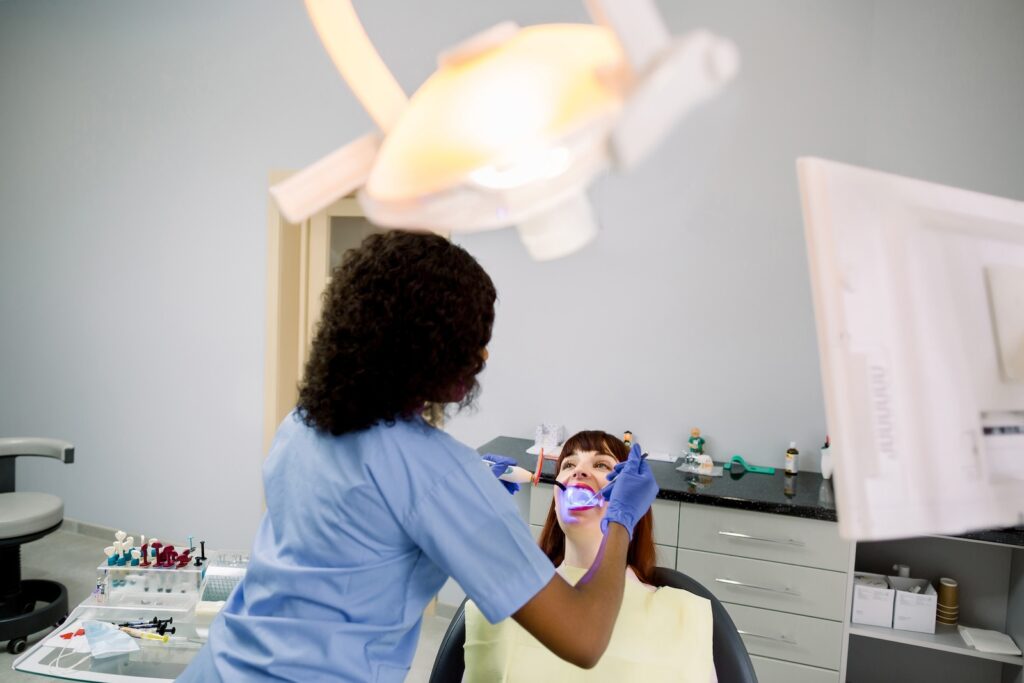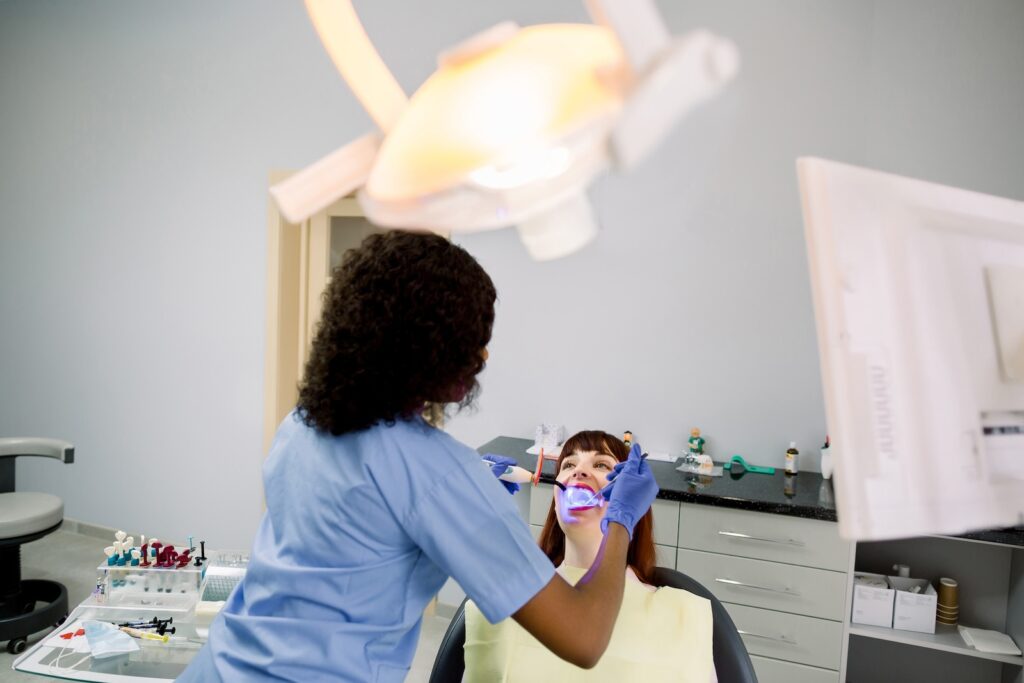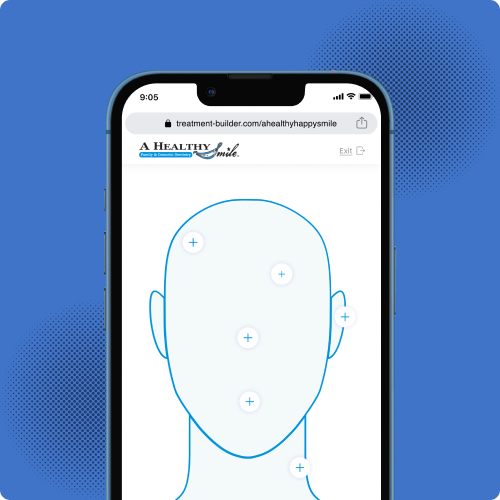
Are you worried about having a dental emergency in your family while the COVID-19 pandemic is going on? Do you feel like you might need immediate dental service, but are unsure of what to do in the middle of a pandemic?
If so, then you need to perform research on how to handle a family dental emergency during the COVID-19 pandemic.
This pandemic has affected everyone in different ways. Be sure to consider your family’s situation before making any appointments.
See below for an in-depth guide on how to approach family dental emergencies while COVID is going on. Use these as you make your plans.
What Qualifies as a Dental Emergency?
First things first, you should know that any ounce of dental pain implies the need to schedule an appointment with your dentist. However, some cases can wait a bit longer than others.
If you’re experiencing a dental emergency, then you need to contact your family dentist right away to learn more.
One of the most pressing questions regarding dentistry during this time is “what qualifies as a dental emergency?”.
You could be experiencing things like swelling gums, tooth pain, abscess tooth pain with swelling, tooth decay, or other dental conditions that cause pain. You might also have had a tooth chipped, knocked out, or pushed out of its original position.
Anytime that you experience pain with your teeth or gums, it never hurts to reach out to your family dentist and see if you need emergency dental care.
How Can You Prevent a Dental Emergency?
Some unforeseen situations cause a dental emergency (such as your wisdom teeth growing in). However, you can do your part to protect yourself from a potential emergency by taking preventative measures.
This means maintaining excellent oral health during the pandemic by brushing twice a day, flossing at least once a day, and using antiseptic mouthwash to clean the germs and bacteria in your mouth.
You’ll also want to watch your diet a bit more while COVID is occurring. The foods that you eat (such as sugary foods) can be a detriment to your teeth. Because you’re staying inside a lot more, you might be tempted to eat those types of food more often.
Also, make sure that you and your family are aware of habits that can be harmful to your teeth. If you play sports, wear a mouthguard. If you chew your nails when you get nervous, try to stop. If you’re going to chew gum, chew sugarless gum.
Lastly, try to drink more water. Water contains fluoride, which is the same mineral your dentists use to clean your teeth and protect them from potential cavities. That’s especially important during this time.
What Should You Do If You Have an Emergency?
So, you’ve determined that you have a dental emergency. Now, what’s the best way to approach it during the COVID-19 pandemic? How should you go about seeking treatment?
First, reach out to your dentist to learn more. Notify them of the emergency that you’re experiencing, the pain level of it, and how long it’s been going on. They’ll give you a few different things that it could be, and more details on how to receive treatment.
The biggest thing to note is following the Centers for Disease Control and Prevention’s(CDC)guidelines for the pandemic. They have specific guidelines for dental settings that both practice and patient should be following.
This includes wearing a mask in the facility until it’s time for the procedure to take place. It is also important that the dentist wear protective eyewear and a facemask during the entire visit with their patient.
When you reach out to your family dentist on the phone, they can help you handle the pain that you’re experiencing at home until an appointment can be made.
Even if they aren’t doing general appointments (checkups, cleanings, etc.), they’ll still do emergency procedures.
What Qualifies as a Non-Emergency Dental Problems?
There’s a fine line between situations that warrant an emergency appointment with your family dentist and those that don’t.
Typically, general toothache doesn’t qualify as an emergency. You can solve them with over the counter medicines such as ibuprofen or Tylenol to reduce the pain.
If you’re experiencing plaque build up in your teeth, try to floss an additional time each day, brush twice a day, and use your mouthwash more often as well.
For those of you that have gingivitis, be sure to prioritize using mouthwash and flossing more often. They will reduce the symptoms of gingivitis until you can get in to see your dentist for further instruction.
As always, you can contact your dental office anytime you’re experiencing an issue. Even if it isn’t an emergency, they can steer you in the right direction for how to treat it at home.
Try to reduce your family’s access to sugary drinks and opt for more water instead. Also, help them prioritize things like eating a well-balanced diet, reduce snacking, washing their hands, and brushing twice a day.
Find the Right Family Dentist for Your Dental Emergencies
Now that you’ve seen an in-depth guide on dental emergencies, it’s time to find a family dentist that you and your family can rely on.
Be sure to read this article on the 7 questions that you should ask your dentist before your next appointment, whenever that may be.
For more inquiries on our services, please be sure to reach out via our contact us page and we will be happy to assist you further



